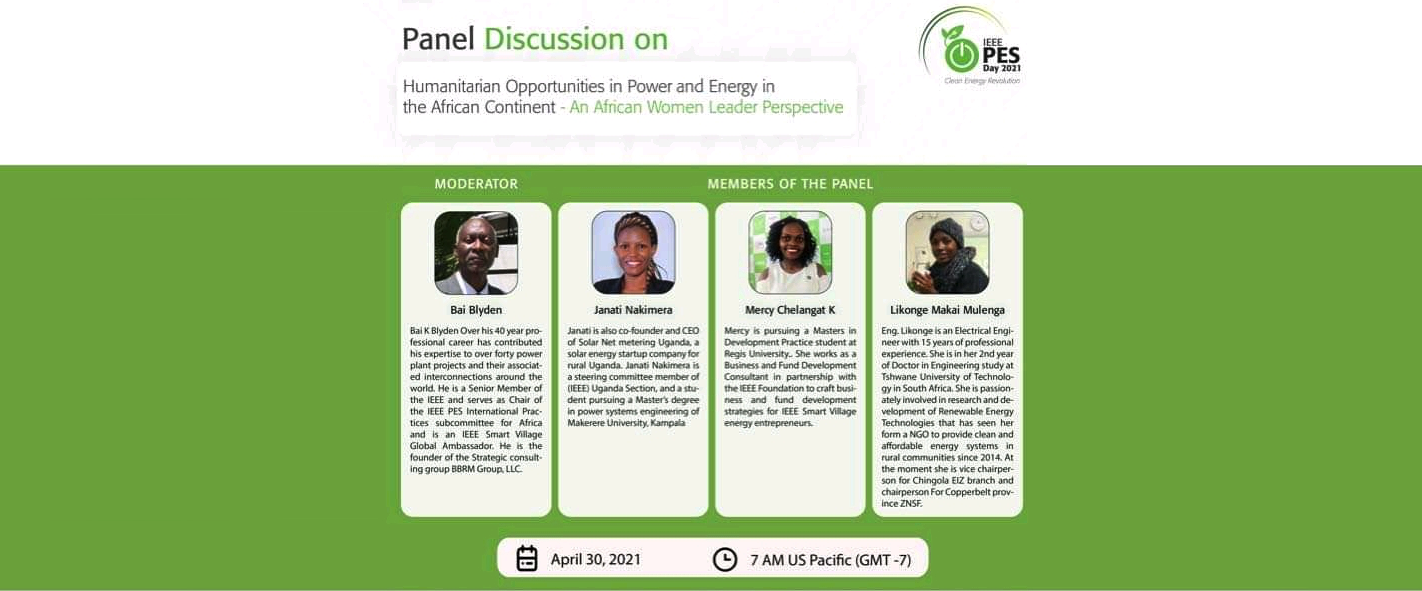Humanitarian Opportunities in Power and Energy in the African Continent
By Janati Nakimera, Mercy Chelangat, and Likonge Makai Mulenga
This panel discussion was organized by Nirupama Prakash Kumar, who is an IEEE Region 6 Humanitarian Activities Coordinator and an active volunteer working with different entities within IEEE.
The session was held on 30 April 2021 as part of the IEEE PES Day 2021 Webinar Series and was moderated by Bai Blyden, a senior member of the IEEE, who serves as chair of IEEE PES International Practices Subcommittee for Africa.
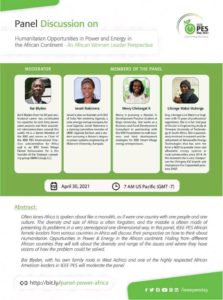 Panelists
Panelists
- CEO and Co-founder, Solar net metering Uganda
- Active volunteer – IEEE Entrepreneurship / HAC / and Education Committees
- Business consultant in partnership with IEEE
- Active volunteer – IEEE Entrepreneurship / Smart Village / Energy
- IEEE volunteer passionately involved in research and development
- Over 15 years of professional experience as an Electrical Engineer
Each of the panelists had the following remarks.
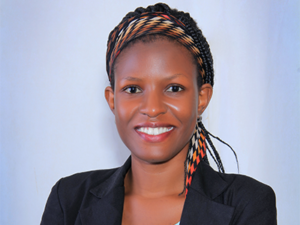 Janati Nakimera, Vice-Chair – Programs 2021 IEEE Entrepreneurship Steering Committee
Janati Nakimera, Vice-Chair – Programs 2021 IEEE Entrepreneurship Steering Committee
Africa has the largest solar resource worldwide accounting for 40% of the global total, thus definitely making Africa the most sun-rich continent in the world. With this in mind, it’s shocking to note that Africa contributes 1% of the total market share worldwide!
1.1 billion people are living without electricity globally, of whom, 600 million people are in Sub-Saharan Africa many in rural areas. Uganda, as a country in Sub-Saharan Africa, has more than 70% of its population off the national grid.
Several strategies have been put in place to solve the challenges of access to electricity and clean energy systems. There are several projects in line with off-grid electrification underway with most of them already completed to facilitate access to energy, especially in the rural community. In light of the existing challenges, it is important to note that the government alone cannot expand electricity access in the region and the private sector also has a big role to play.
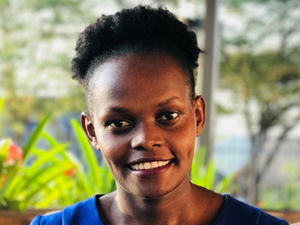 Mercy Chelangat, Social Impact Liaison 2021 IEEE Entrepreneurship Steering Committee
Mercy Chelangat, Social Impact Liaison 2021 IEEE Entrepreneurship Steering Committee
Close to 600 million people in the African continent live without access to electricity. This denies them access to basic services that rely on power to run. Because of this, power solutions that are developed to serve such areas need to be designed to provide specific services.
These services are rarely reliant on heavy power, which is why there are micro-grids and pico-grids to assist with the alleviation of energy poverty. The best way to ensure sustainable last-mile electrification is by promoting productive, income-generating activities. This ensures that the power provider gains revenue from the installed plant and that customers can afford to buy the electricity. There are different types of renewable energy products that encourage uptake based on user needs. Examples of these products include solar home systems, solar kiosks, and portable battery kits.
Women in rural areas are the primary managers of energy. Therefore, they need to be involved in the design and implementation process. Women, who are an important part of the decision-making process, have needs that are different from their male counterparts and require products tailored to their requirements. This is why there is more emphasis on clean cooking technologies that reduce pollution from household usage of fossil fuels.
The role of international development organizations such as Rotary and IEEE in the development of rural communities is very essential. Being at the forefront of technological advancement, IEEE can work with community entrepreneurs to develop solutions that fit the local context and ensure the needs of rural communities are met. These organizations also make training opportunities available for women, which provides them with the skills they need to be users and entrepreneurs while encouraging socio-economic development.
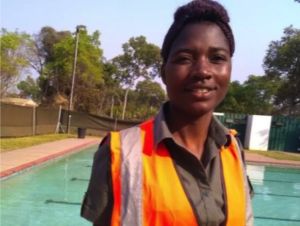 Likonge Makai Mulenga, Manager Electrical and Instrumentation, Konkola Copper Mines plc
Likonge Makai Mulenga, Manager Electrical and Instrumentation, Konkola Copper Mines plc
Renewable energy technology is the most recommended energy, especially solar PV, which can be used in various sizes depending on energy requirements. It is scalable and therefore it would allow poor people to access it based on their ability to improve their living conditions. The development and implementation of renewable energy are very low, especially in Sub-Saharan Africa, due to high initial costs. However, there is a positive impact of renewable energy in rural areas, especially on women. Among them is the availability of energy resources locally, pollution reduction, and increased access to electricity, which assists women and children in spending their time doing other chores instead of going to collect firewood for cooking. It also encourages entrepreneurship in the community, such as using solar energy for sewing, in hair salons/barbershops, refrigerating cold drinks, and aiding food staff. This brings about a sustainable energy supply, is environmentally friendly, and increases social-economic benefits.
The engagement of international development organizations such as IEEE and Rotary will help to transfer the technology from countries that have succeeded in renewable energy to countries lagging. They will help in capacity building, training, and sourcing of resources to support various female entrepreneurship groups that will help to improve the living conditions and various development agendas in line with sustainable development goals.



